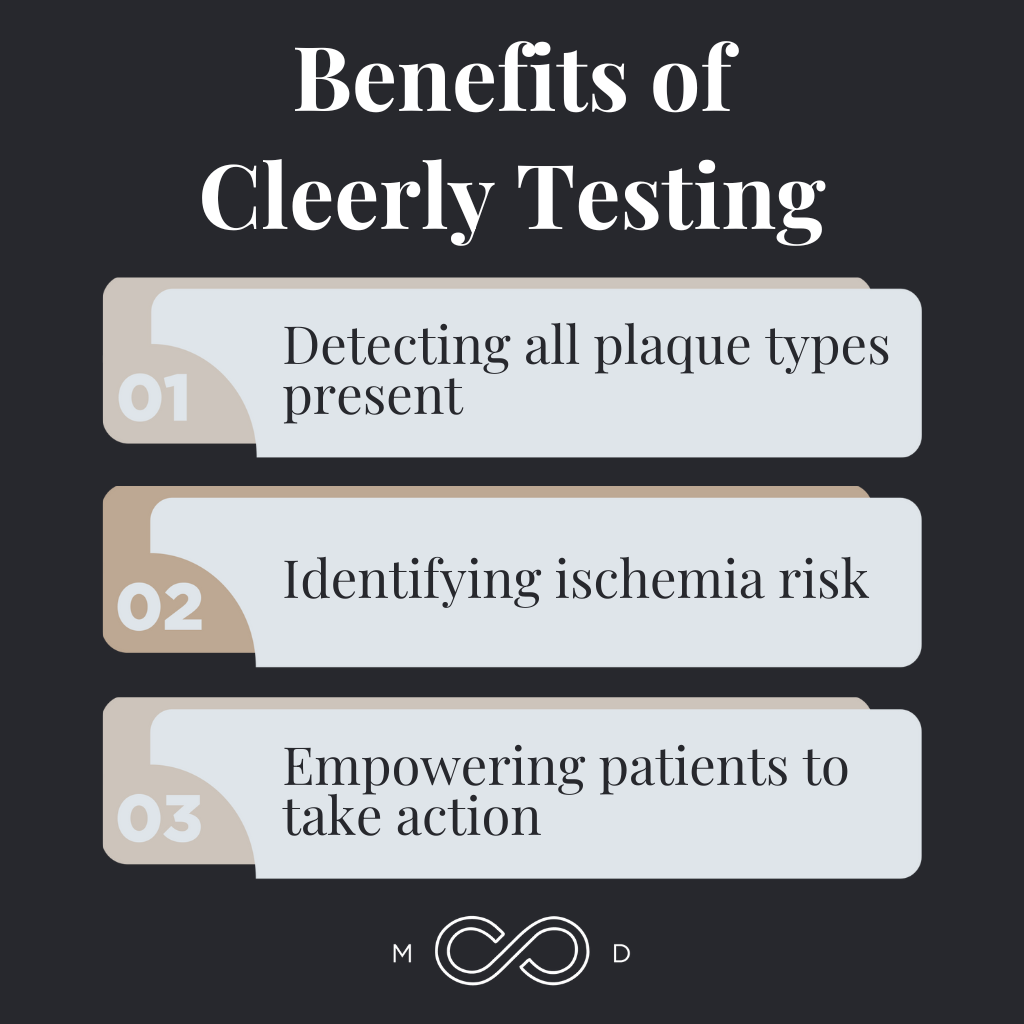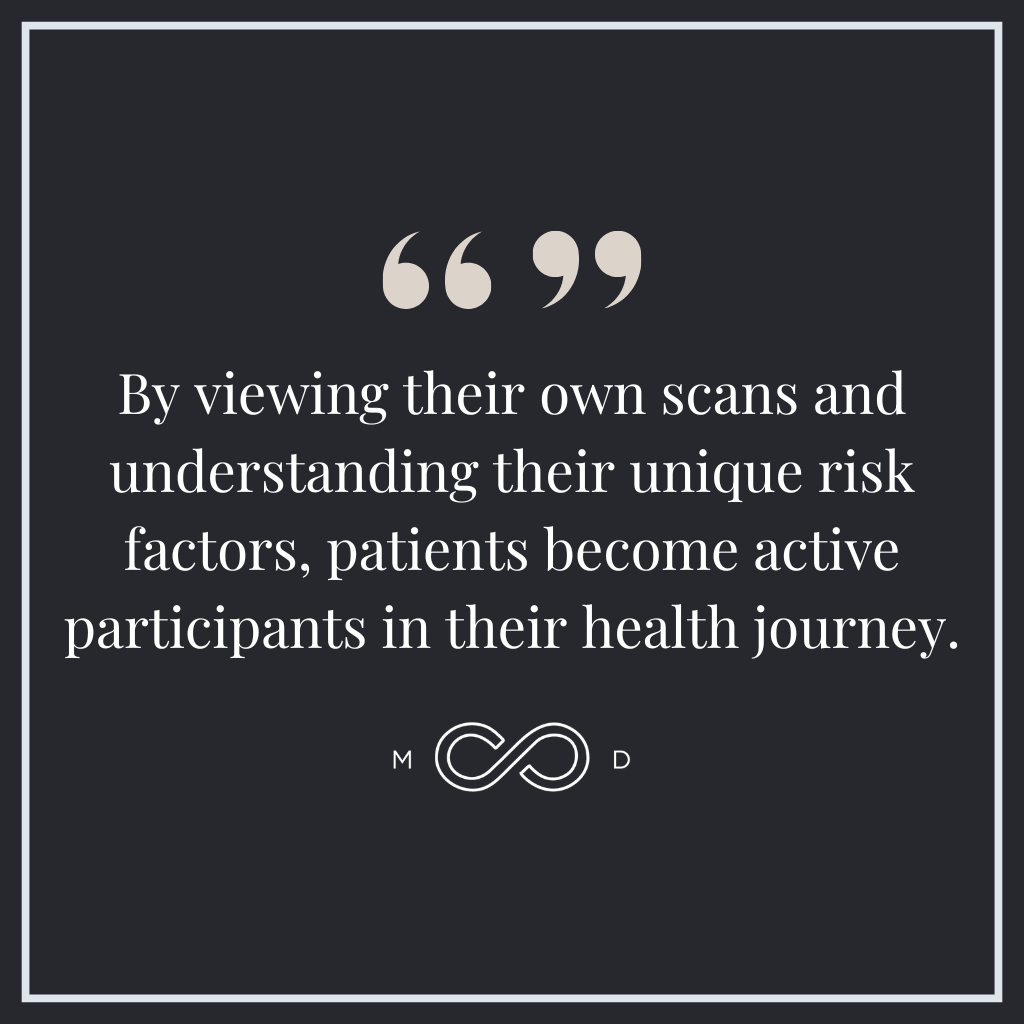Download file | Play in new window | |
At Brentwood MD, we believe in empowering our members with knowledge and resources to take control of their health journey. This often means looking beyond traditional metrics and embracing innovative technology to guide individualized care plans.
In this vein, I’m excited to share insights from my recent conversation with Dr. James Earls, a leader in the field of radiology and a champion for advanced cardiovascular imaging.
Dr. Earls, a professor of radiology currently working with Cleerly Health, boasts a remarkable career dedicated to refining how we visualize and understand cardiovascular health.
His journey began with a foundation in chemical engineering from the University of Massachusetts, which he later complemented with a medical degree from the NYU School of Medicine. His commitment to service led him to complete his residency at Walter Reed Army Medical Center, followed by specialized fellowship training in body and cardiovascular MRI, again at NYU.
Dr. Earls’ dedication to advancing cardiac imaging is evident in his career trajectory. He served as Vice Chairman of Radiology at George Washington University School of Medicine in Washington, DC, and later as Medical Director and Vice President at Fairfax Radiological Consultants in Fairfax, Virginia. In these roles, he earned recognition as an early adopter of coronary CT angiography, a testament to his forward-thinking approach to patient care. With over 200 publications focusing on cutting-edge imaging techniques, Dr. Earls brings a wealth of experience and knowledge to the field.
Now that we’ve established his impressive background, let’s delve into Dr. Earls’ insights on the evolution of cardiovascular imaging, the limitations of traditional risk assessments, and the power of personalized medicine through advanced technology like Cleerly.
Beyond Calcium Scores: A Comprehensive View of Plaque
A prevalent question in preventative cardiovascular care is how to identify individuals at risk and intervene effectively. Dr. Earls emphasized the importance of moving beyond traditional risk factors, such as cholesterol levels alone, to gain a clearer picture of an individual’s cardiovascular health.
While calcium scoring has been a valuable tool for assessing cardiovascular risk, Dr. Earls highlighted its limitations. Calcium, he explained, is essentially the “scar” of plaque buildup, indicating the body’s attempt to heal and stabilize the artery walls. While calcium scores provide insights into the presence of atherosclerosis (the buildup of calcium within arteries), they don’t reveal the full extent of the problem, especially in younger individuals.
This is where Cleerly Health’s advanced technology comes in. Unlike calcium scoring, which focuses solely on calcified plaque, Cleerly Health’s CT angiogram analysis provides a comprehensive view of all plaque types — calcified, non-calcified, and the more volatile low-attenuation plaque. By quantifying and characterizing all plaque within the coronary arteries, Cleerly delivers a more precise assessment of an individual’s risk.
The Silent Threat of Non-Calcified Plaque
Dr. Earls underscored the significance of detecting non-calcified plaque, especially in younger individuals who may not exhibit any symptoms of heart disease. This type of plaque, often referred to as “soft plaque,” can accumulate for years before it begins to calcify, making it a silent threat to cardiovascular health.
Traditionally, stenosis, or the narrowing of arteries, was considered the primary indicator of heart attack risk. However, Dr. Earls emphasized that the volume and type of plaque present pose a greater risk than stenosis alone. Studies have shown that a significant portion of heart attacks occur in individuals with minimal stenosis but high plaque volume, particularly the dangerous low-attenuation plaque.
Cleerly Health’s technology excels in identifying and quantifying these different plaque types, providing a more accurate picture of an individual’s risk compared to traditional methods.
Cleerly Ischemia: Identifying Blockages Before They Become Emergencies
Moving beyond plaque assessment, Cleerly Health’s latest innovation is called Cleerly Ischemia. This advanced analysis uses the same CT angiogram images, but assesses blood flow and identifies potential blockages that could lead to a heart attack.
Dr. Earls explained how Cleerly Ischemia analyzes various factors, including stenosis severity, plaque volume, and vessel size, to determine the likelihood of ischemia or reduced blood flow to the heart muscle. By identifying these potential blockages early on, Cleerly Ischemia offers a valuable tool for preventive intervention, potentially avoiding a cardiac event.
When comparing Cleerly Ischemia to other forms of stress testing, such as nuclear medicine stress tests, Cleerly Ischemia demonstrates superior specificity. Traditional stress tests often result in false positives, leading to unnecessary and costly invasive procedures. Cleerly Ischemia, on the other hand, has shown a higher level of accuracy, making it a more reliable tool for guiding treatment decisions.
Empowering Patients and Personalizing Care With Cleerly
One of the most remarkable aspects of Cleerly, as highlighted by Dr. Earls, is its ability to empower patients and personalize their care plans. By viewing their own scans and understanding their unique risk factors, patients become active participants in their health journey.
Dr. Earls noted that seeing the images and comprehending the implications often provides greater motivation for adopting healthier habits, whether that’s adhering to medication regimens, embracing lifestyle modifications, or prioritizing stress management. This personalized approach, driven by data and visualized through advanced imaging, fosters a more collaborative and proactive approach to cardiovascular care.
The Future of Cardiovascular Care: A Glimpse of the Horizon
Looking toward the future, Dr. Earls expressed excitement about the continuous evolution of cardiovascular care, with new medications targeting specific disease pathways and further advancements in imaging technology. Cleerly Health remains at the forefront of this evolution, developing predictive analytics to identify individuals at risk with even greater precision.
In keeping with our mission to provide members with the most advanced and personalized cardiovascular care available, Brentwood MD has been an early adopter of Cleerly’s groundbreaking technology. We believe knowledge is power, and by bringing cardiovascular health into clear focus, we empower our members to live longer, healthier lives.

Dr. Wright joined Brentwood MD in 2022 as the model allows him to spend more time connecting with patients and build a foundation of exceptional care. He is a Nashville native and completed his family medicine residency at the University of Tennessee Health Science Center, where he also served as Chief Resident. He believes that your health deserves a prominent position on your priority list, and would be honored to serve you and your family.









